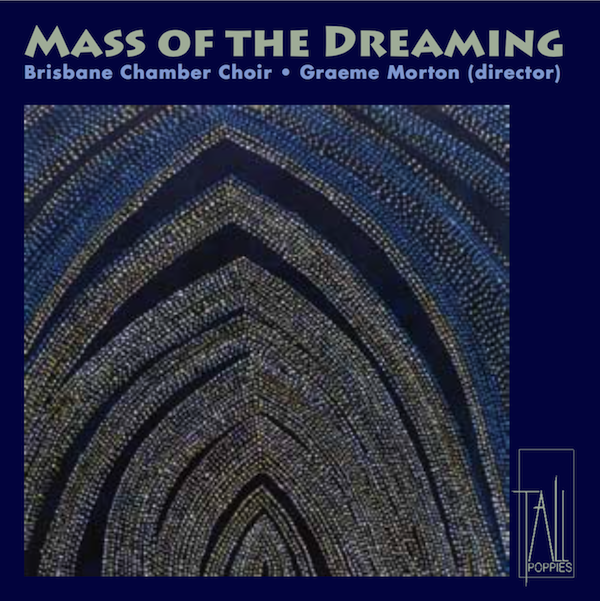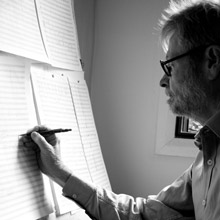25 September 2016: Interview
Ross Shares memories of early compositions, shower-time inspiration and a world of diverse influences.
Describe your first memory of music.
My aunt and grandmother playing the piano to me. My grandmother insisted on playing hymns – she’d been a church organist – but my aunt played Beethoven, Bach etc. (which I much preferred). I soon began playing myself, by ear – mainly songs I’d heard at kindergarten – but I also made things up. When my family refused to believe these were original I felt highly aggrieved and sulked.
What inspired you to become a composer?
Attending an Sydney Symphony Orchestra concert (of Beethoven) when I was 13. After that I never, ever thought of being anything else, to the consternation of my parents. Knowing that I simply had to be a composer was for me a very frightening prospect right throughout my adolescence, especially as in those days (the late 1950s) it would have seemed unimaginably outré – like wanting to be an astronaut. I read biographies of composers and had no illusions about the difficulties that lay ahead, especially as music wasn’t offered as a subject at the school I went to. I felt very much alone.
You’ve compositions include symphonies, choral, children’s, film and opera music, as well as music for dance. Is there a favourite?
No. I’m invariably obsessed with whatever I’m currently working on which I assume will be turn out to be the best thing I’ve ever done. Having said that, however, I’m very pleased with my mass, especially the way it’s shaping up at rehearsals.

Sydney Chamber Choir has performed a lot of your music in the past; how does it feel to be working with us again?
I’m elated! Composing for the Sydney Chamber Choir over many years has taught me how to write for voices. Since the time Nicholas Routley became its first director in the early 1970s he kindly organised a string of commissions and performances for me. I’ve never sung in a choir. All my singing is done internally, or under the shower, where, incidentally, the kyrie of the mass was conceived.
Your music features a fusion of Western and traditional Australian influences; how have you brought these traditions together in Missa Alchera?
The bringing together of diverse influences is done at a subconscious level and by now they’ve all been fused into my own language, so they just happen. Eastern and mediaeval Western modes constantly interchange; there are brief references to plainchant and allusions to other forms of chant. Drones and ostinati are prominent and can be heard, for example, throughout the Kyrie; and the Osannas are influenced by the characteristic shapes of aboriginal chant and the intoxicating buzz of insects. Many of the rhythmic patterns are modelled intuitively on those produced by natural organisms.
What were the biggest challenges when creating this work?
I was apprehensive at first, but quite quickly I got totally immersed. One of the biggest challenges was containing my enthusiasm sufficiently to get the notes down on paper! (I don’t use a computer to compose). I remember enjoying working on it and feeling increasingly confident as it grew – always a good sign.
Who are you composing for the moment?
Having completed a big work for the SSO, Frog and Star Cycle, followed by several others including Entwinings for the ACO, I’m having a short break and am currently clearing out my work space. I’ll be starting work on an exciting new project as soon as the dust settles and there’s room to move.
What are you listening to right now?
I rarely listen to music except in my imagination. However I’ve been on national tour with the wonderful Jerusalem Quartet whose programs include my String Quartet No. 3. I look forward to hearing the just released Tall Poppies CD of the Brisbane Chamber Choir singing Australian choral music – including Mass of the Dreaming. My wife Helen’s been listening to it and she’s very impressed.
View the original article here.
Read more


